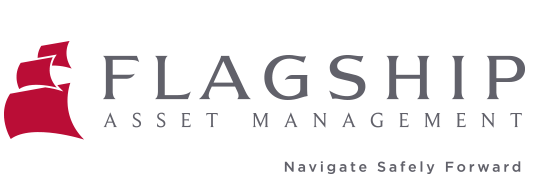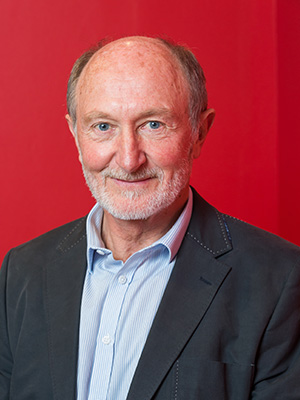Global equity indices delivered widely varying results during the month of May. In the US, the S&P 500 was up 0.4%, while the Nasdaq gained almost 6%. Across the pond, the London-based FTSE 100 lost 5.04%, and in the East, Hong Kong’s Hang Send index lost nearly 8%, while Japan’s Nikkei 225 gained more than 7%.
Headline inflation in the US dropped to 4.9% – slightly below estimates, however the Fed remained steadfast in its tightening cycle – increasing lending rates by a further 25 basis points. Energy prices continue to slide and contribute to slowing inflation – with oil down 8.65% for the month and natural gas prices falling more than 6%. Over a one-year period – oil is now 40% less expensive than 1 year ago and natural gas is down 72%. Other commodities did not fare much better this month, with the prices of copper and iron ore also falling 6% and 8% respectively.
Most of the month was characterized by uncertainty surrounding the possibility of an unprecedented US debt default – however these fears have eased, with any possibility of such an event being pushed out by at least 2 years. Towards the end of the month – technology stocks received a big boost – as Nvidia delivered results substantially ahead of consensus – with a general upbeat tone around prospects for the technology sector as investor optimism over the effect of AI continues to grow. May also saw some more concerns about the rapid development of AI – as a group of executives, including the CEO of OpenAI (ChatGPT’s creator), again released a statement calling for more regulation in the space – arguing that it could potentially be as dangerous to humanity as pandemics and nuclear war.
Other noteworthy events during the month include the coronation of Britain’s King Charles III; the WHO officially declassifying COVID 19 as a worldwide health emergency; Turkish incumbent president Erdogan winning the national election to secure another term in office; and Russia accusing the US and Ukraine of an attempt on Putin’s life via a drone attack on the Kremlin.
Local investors experienced a torrid month. The JSE ALSI decreased by 3.92% in Rands, with the financials index dropping a massive 10%. Compounding the bad month was the performance of the Rand. It lost 7.8% of its value against the USD over the past month and is now worth almost 16% less than at the start of the year.
The ANC’s unwavering support for Russia was the biggest catalyst for this slump – as the US accused South Africa of supplying Russia with weapons. The Minister of Defence flatly denied this, but also refused to release the ship’s manifesto. The negative sentiment was notched up to another level when Government gazetted a notice that diplomatic immunity would be granted to all international officials attending the BRICS event in South Africa (i.e., Vladimir Putin).
Lastly, the SARB raised interest rates by another 50 bps, sending the repo rate to 8.25% and the prime lending rate to 11.75% – the highest level in 14 years.
James Hayward BEng (Civil)
Equity Analyst
James, or JD as he prefers to be known, is an equity analyst in the global investment team, having joined Flagship in 2021. At the completion of his degree, JD worked in the engineering and fintech start-up industries while pursuing further studies in investments. JD holds an Engineering degree from Stellenbosch University and has passed all 3 levels of the CFA exams.




















